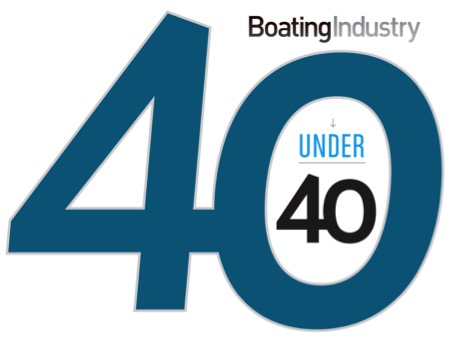Negligent or diligent
We journalists often joke about our propensity to know the written word much better than the formulas of mathematics. For most of us, writing comes naturally, but we must typically force ourselves to balance a journalism education with number-crunching knowledge to help us add context and relevance to the words we put on the page.
I haven’t been an exception. Even in my personal life, I have rarely been accused of being numbers-conscious, especially when it comes to budgetary concerns. Prior to meeting my wife, in fact, my “savings” was set aside to cover my checking account overdrafts. At times, I’d get
really crazy and save enough for that next big purchase — you know … a rod or reel, heck, maybe even some new muskie lures.
Admittedly, it took quite a while for my wife to train me to be fiscally responsible with my, ahem, our monthly income. And over the years of transitioning from frivolous journalist to budget-conscious
business magazine editor, I’ve made it a priority to learn the intricacies of expense ratios, profit margins, and yes, even personal savings.
It seems I haven’t been alone in my struggles toward fiscal
responsibility, however. For years, I’ve heard countless examples of dealers who don’t create annual budgets or monthly P&L statements. By not revisiting their budget throughout the year, they more often than not sacrifice the ability to adjust their business until its too late. The doors of their business may already be swinging shut. As it turns out, this is a condition that is not limited to marine dealers. Rather, very few small businesses, in general, ever create a plan of any kind, adding a strategic dilemma to what can quickly become a financial nightmare.
Our research into this topic led us to experts whose perspectives not only confirmed this nagging problem, but helped us understand that it’s worse than we originally believed. One of them told us, in fact, that more than 75 percent of all strategic plans are relegated to a binder on a shelf, where they remain for years. In other cases, dealer principals finalize a lengthy budgeting process and tuck the results and yearlong plans into a file folder, only to revisit them when their year-end numbers have long but been finalized.
A recent article in an issue of the Harvard Business Review devoted to strategy and leadership substantiated these claims, stating that
strategy “… has become more about formulation than implementation, and more about getting the idea right at the outset than living with a strategy over time.” The creation of a plan gets treated as the destination as opposed to the beginning of a journey.
In tough times like these, you just can’t afford that kind of disregard for operating off of a strategic plan. Yet marine businesses around the country are closing their doors these days because they have yet to figure that out. They haven’t learned the importance of creating a plan and sticking to it, or more importantly, adjusting their business as needed to deliver the results they expect.
Don’t follow in their footsteps and become a victim of your own negligence.




